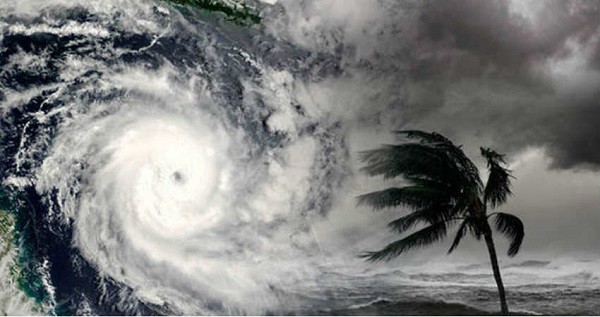New Delhi: They are yet to arrive, but they have already been christened. ‘Shaheen’, ‘Gulab’, ‘Tej’, ‘Agni’, and ‘Aag’ are among the 169 names decided by 13 countries for future cyclones. These are cyclones originating in the north Indian Ocean, the Arabian Sea and the Indian Ocean. The information was given by the India Meteorological Department (IMD) said Tuesday.
The earlier list of names for cyclones, formulated by meteorological departments of eight countries in 2004, will soon exhaust. There is only one more name left for another cyclone. Super cyclone ‘Fani’ was in the earlier list of names.
The next cyclone will be christened ‘Amphan’, a name proposed by Thailand, which is also the last in the 2004 list.
This could perhaps be in the Bay of Bengal as a low pressure area is expected to develop in the south Andaman Sea.
In 2018, a new panel was set up to coordinate and decide names for future cyclones. This information was disclosed by, Mrutunjay Mohapatra, the director general of IMD.
Bangladesh, India, Iran, Maldives, Myanmar, Oman, Pakistan, Sri Lanka and Thailand are some of the countries that took part in discussions.
Mohapatra was appointed as the rapporteur for the process by the World Meteorological Organisation (WMO).
Mohapatra said the Arabian Sea, the Bay of Bengal and the north Indian Ocean witness five cyclones a year. So the list could last for the next 25 years. He informed that the process of naming the cyclone started in 2004. It helps the scientific community, disaster managers, media and general masses identify each individual cyclone. Then awareness can be created about its development. Also the name helps in removing confusion in case of simultaneous tropical cyclones develop. The name also helps in rapidly and effectively disseminating warnings to a much wider audience.
Every country has given 13 names, informed Mohapatra. India proposed names such as Gati (speed), Tej (speed), Marasu (musical instrument in Tamil), Aag (fire) and Neer (water).
According to IMD guidelines, the names should be neutral to politics, political figures, religious beliefs, cultures and gender. The name should not hurt the sentiments of any group of population over the globe. Plus, it should not be ‘very rude and cruel’ in nature and easy to pronounce.
PTI






































